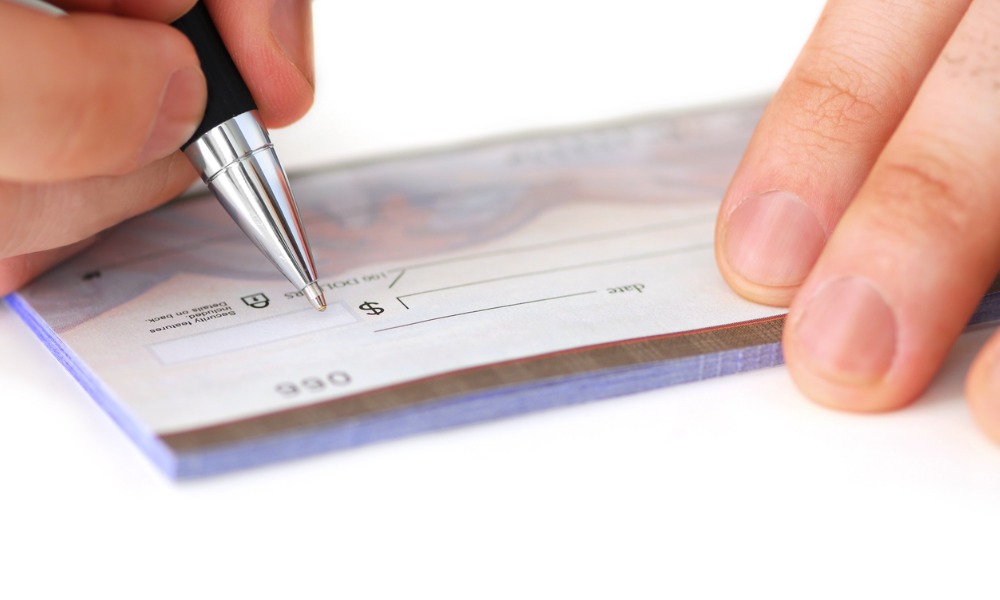
Government claims woman went over allowable hours worked, made too much money

More than a year since the end of the COVID-19 pandemic, the Canada Revenue Agency (CRA) has ordered a couple in Alberta to repay the benefits they got during the health crisis through the Canada Emergency Response Benefit (CERB).
The government has ordered Ron and Daria Roffel to repay $14,000, according to a CTV News report. The CRA claimed that Daria went over the allowable hours worked and made too much money to qualify for the program.
However, the couple claimed they were qualified because Daria had reduced hours at work.
“I made just over $1000,” she said in the CTV News report. “But that was the cutoff.”
CERB provided qualified Canadians with $2,000 for a four-week period. The benefit was available to people:
When submitting a first claim, Canadians could not have earned more than $1,000 in employment and/or self-employment income for 14 or more consecutive days within the four-week benefit period of your claim, according to the federal government.
In May 2022, the CRA started issuing Notices of Redetermination (NoRs) to individuals who received the CERB but are not eligible for it so they can repay them.
The Roffel couple said they continued to file for the money as the pandemic went on. Years later, the received an email stating they had to pay it back, according to the report.
The couple have filed two appeals but those have failed. And while they have not paid the money back, the CRA is taking the amount back in other ways, said Daria.
“They have taken my tax returns,” Daria said in the report. “My GST refunds, carbon tax rebates. Everything is being held back.”
CTV News noted that the CRA did not comment directly on the Roffel case.
It did, however, say: “While those who applied for individual emergency benefits in good faith were not and will not be subject to interest or penalties, they would later have to repay amounts they were ineligible for.”
Earlier this year, the CRA also started reviewing the benefits eligibility of about 200,000 Canadians, according to a report.